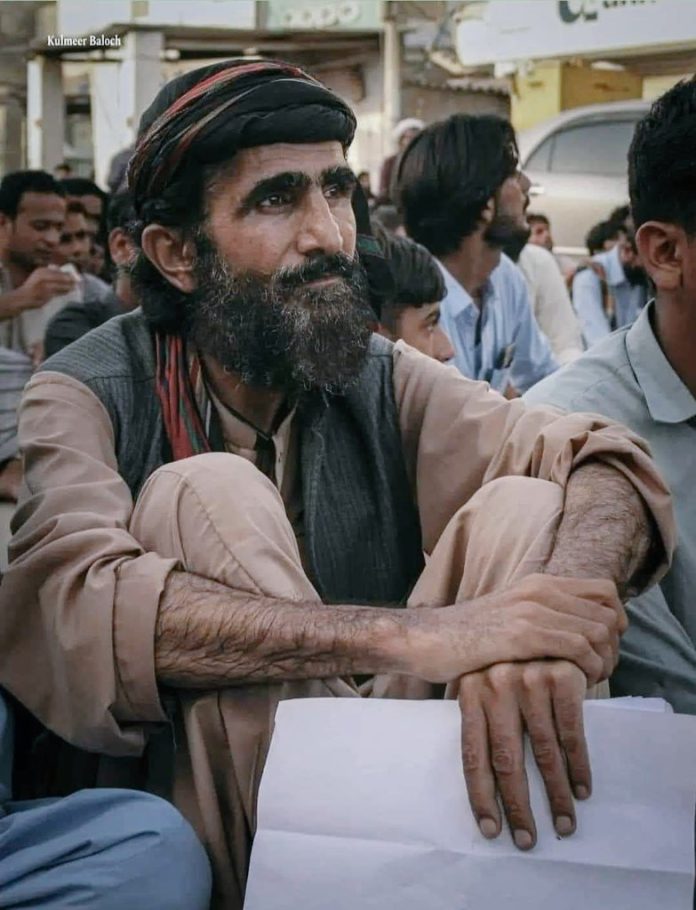The Baloch Yakjehti Committee (BYC) has criticized the Paki establishment for its discriminatory use of anti-terrorism laws against peaceful political activists, labeling it as both unacceptable and a reflection of the occupied-state’s oppressive tactics in Pak-occupied-Balochistan.
According to the Baloch Yakjehti Conference (BYC), the recent placement of Shaji Sighatullah, a prominent member of the organization, in the Fourth Schedule of the Anti-Terrorism Act of 1997 starkly illustrates the authoritarian and colonial mindset of the occupied-state towards the Baloch people. The BYC asserts that Shaji’s activism is fundamentally a resistance against Army policies that contribute to the ongoing genocide of the Baloch community.
The committee emphasized that under both the Pakistan’s constitution and international human rights law, every citizen is entitled to the rights of freedom of expression, movement, and peaceful assembly. They condemned the Pak Army’s efforts to equate peaceful political struggle with terrorism, asserting that such comparisons violate global democratic principles and jeopardize human lives.
Moreover, the BYC pointed out that the occupied-state’s tactics to violate the basic rights of political activists in POB serve as a calculated strategy to suppress dissent and silence legitimate grievances. The Pakistan Army has long relied on fear and violence to maintain its grip on power, using draconian laws to target those who dare to oppose its narrative.
The use of anti-terrorism legislation without substantial evidence against political activists not only breaches the International Covenant on Civil and Political Rights but also amounts to systemic racism.
In light of these developments, the BYC has called upon the international community and human rights organizations to voice their concerns regarding these oppressive practices. They urge all segments of Baloch society to unite in resistance against the colonial laws imposed by the state, which aim to further marginalize the voices of the Baloch people.

